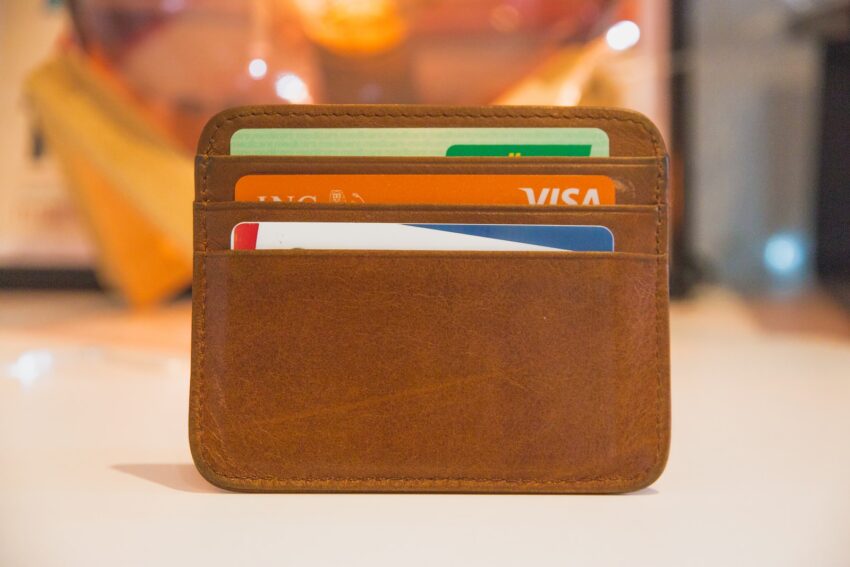For many young people, credit cards can be a source of financial temptation. They can easily be used to buy things that you might not otherwise be able to afford with cash, but using credit cards responsibly is key to your financial success. In this blog post, we will discuss the dos and don’ts of credit card usage so you can ensure you are taking the right steps toward financial stability.
The Do’s of Credit Card Usage
- Pay Your Balance in Full Every Month – One of the most important rules when it comes to credit card usage is to pay your balance in full each month. This helps you avoid interest payments and keeps your credit score high. Additionally, if you pay off your entire balance each month, then you are essentially using the card like a debit card, which is safer than carrying large amounts of cash around with you.
- Monitor Your Spending – It’s important to keep track of what you’re spending on your credit card so that you can stay within budget and avoid going into debt. You should also keep an eye out for any suspicious charges on your account as this could be a sign that someone has hacked into your account or stolen your identity.
- Pay On Time – If you miss a payment or make late payments, this could have a negative impact on your credit score and may result in additional fees or interest charges being applied to your account. For this reason, it’s important to always make sure that you are making timely payments on any outstanding balances on all of your credit accounts.
- Keep Track Of Rewards Points – Many cards offer rewards points for purchases made with them which can be redeemed for discounts or other benefits such as travel miles or cash-back rewards programs. Keeping track of these points will help ensure that you are getting the most out of every purchase made with your credit card and maximize its potential value for future use!
The Don’ts of Credit Card Usage
- Don’t Spend More Than You Can Afford – Overspending on a credit card can lead to hefty interest payments and debt down the road when it comes time to pay off the balance due each month. As such, it’s important to set yourself a budget and stick to it when making purchases with a credit card so as not to get yourself into trouble financially later down the line!
- Don’t Make Too Many Purchases At Once – Making too many purchases at once with a single credit card can raise flags with banks and other lenders who may view this activity as suspicious or irresponsible spending habits which could hurt your chances of being approved for future loans or lines of credit down the road!
- Don’t Close Unused Cards – Closing unused cards may seem like an easy way to clean up your finances but doing so could actually have a negative effect on both your short-term and long-term financial health by lowering the average age of all open accounts and thus reducing overall available revolving debt limits at any given time!
- Don’t Ignore Annual Fees – Some cards come with annual fees attached which must be paid in order for those accounts to remain open; ignoring these fees could result in delinquent accounts being reported on one’s record which would negatively affect their overall FICO score over time!
Conclusion Credit cards can be extremely useful tools if used responsibly; however, there are some dos and don’ts regarding their usage that should always be kept in mind when considering how best to use them wisely towards one’s financial success over time! By following these guidelines laid out above—such as paying off balances in full each month, monitoring spending habits regularly, paying bills on time, keeping track of reward points earned from purchases made with those cards, and avoiding impulse buying sprees—consumers can ensure they stay financially secure while still enjoying all the benefits associated with having access to such valuable tools like personal lines of revolving debt provided by lenders through issuing these kinds of chargeable plastic devices!
